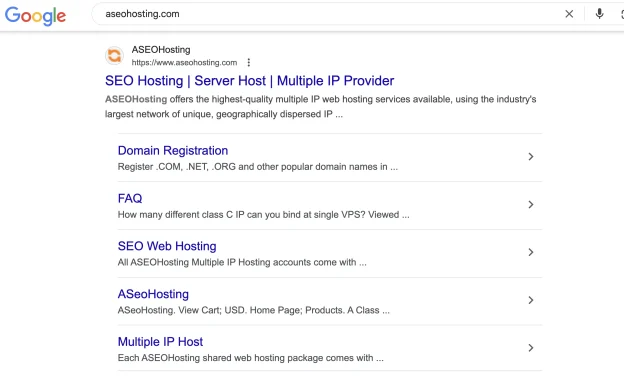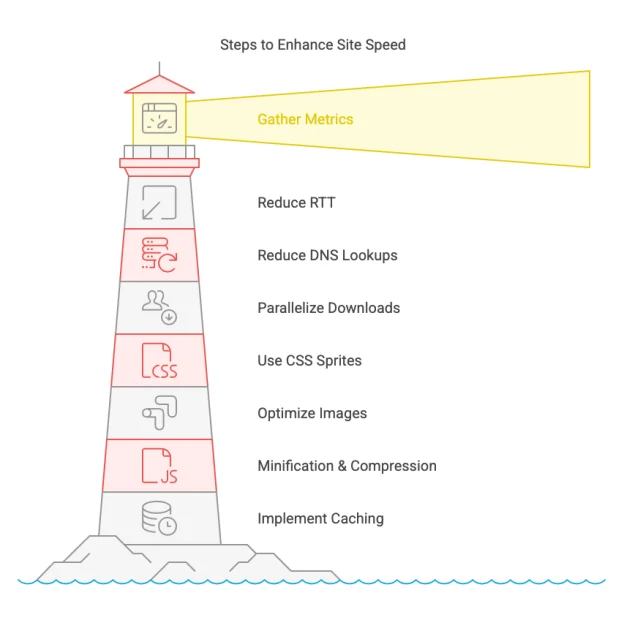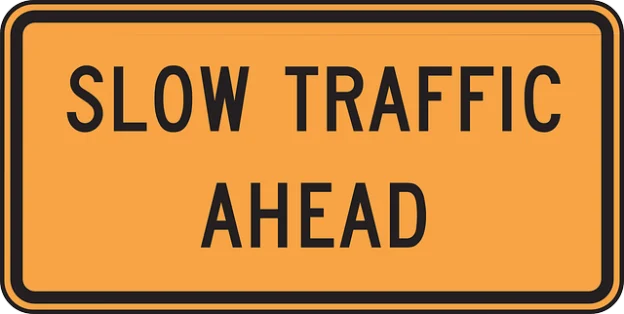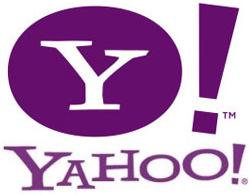As we all know, back-links are a critical factor of search engine ranking algorithms. Getting more incoming links from better sources is a sure-fire method for improving a site’s position in SERPs. Google’s Penguin algorithm update now penalizes unnatural link-building techniques.
Google prioritizes rankings that serve users’ needs—and since shady link-building tactics undermine this goal, the algorithm actively demotes such sites. To help you stay compliant, here are three safe backlink strategies that won’t trigger Google’s spam filters.







 In recent months
In recent months 
